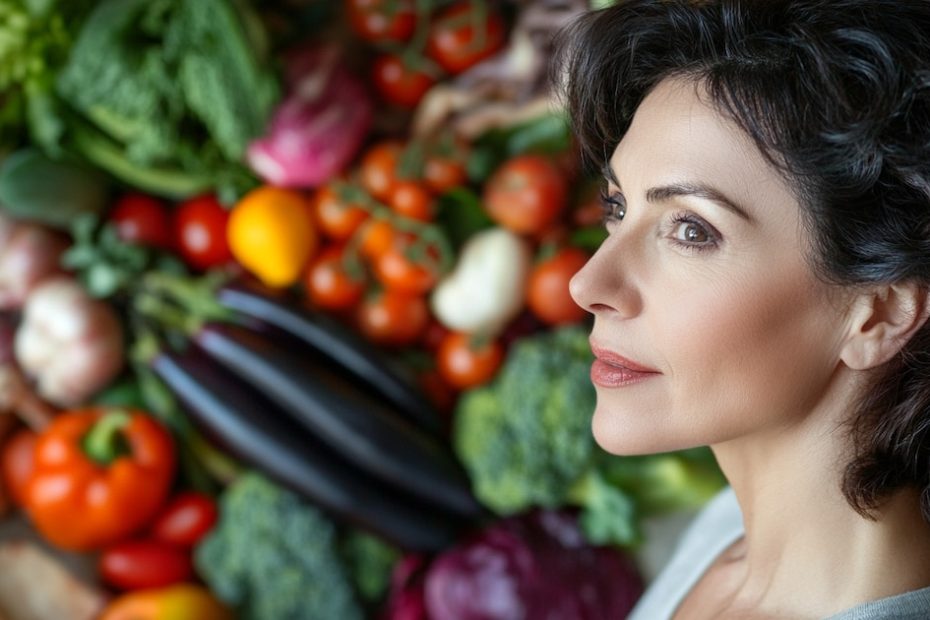





Every October 1st, the International Vegetarian Daya date that has its origins in 1977, when the Vegetarian Society of the United States established this commemoration.
One year later, the International Vegetarian Union ratified the initiative, extending it worldwide. The main objective of this day is to promote the principles of vegetarianism and raise awareness about the benefits of a plant-based diet, both for human health and for the environment and animals.
The motivations for adopting a vegetarian diet are varied. Some people do it for ethical reasonssuch as the rejection of the sacrifice and exploitation of animals, while others choose it for ecological reasonsdue to the environmental impact of meat production. There are also the health reasonssince this diet has shown positive effects in the prevention of chronic diseases. Finally, the economic factors can influence, given that the production of foods of plant origin is usually more accessible than that of animal origin.

Vegetarians exclude all types of meat from their diet, but within this eating style there are different subtypes. The ovolactovegetarians They do not consume meat, but they do include eggs, milk and dairy products. For their part, strict vegetarians or vegans They eliminate not only meat from their diet, but also any animal products, such as eggs, dairy and honey.
There are also other variants. The raw eaters They follow a vegan diet based solely on raw foods, while semi-vegetarians allow the occasional consumption of certain types of meat, such as chicken or fish. The flexivegetariansFor their part, they follow a predominantly vegetarian diet, but include meat in small quantities.

Although both lifestyles share the exclusion of meatveganism goes beyond food. Vegetarians can consume animal products such as dairy and eggs, while Vegans reject any use of products of animal originnot only in food, but also in other aspects of your life. This includes clothing, cosmetics, and any products that have been tested on animals or contain ingredients derived from them.
As explained in a previous note with Infobae the graduate in Nutrition Eugenia Briz (MN 95), “veganism is more of an ethical issue than a dietary one, since it seeks to preserve animal life in all its forms.” The most recent term, plant-basedrefers to a flexible approach that prioritizes plant-based foods without necessarily excluding animal products entirely.

One of the most common concerns about vegetarianism is how to get enough meatless proteins. Fortunately, for those who choose a diet of this type, there are various vegetable sources that provide quality proteinssuch as legumes (lentils, chickpeas), soy products (tofu, tempeh), nuts, seeds and whole grains, such as quinoa.
The key to obtain all essential amino acids on a vegetarian diet it is combine different protein sources throughout the day. As explained by the doctor specializing in Internal Medicine and Nutrition and coordinator of the Obesity Group of the Argentine Nutrition Society (SAN), Marianela Aguirre Ackermann (MN 151,867), legumes and grains provide a complete amino acid profile when consumed together.
However, the absorption of certain nutrients may be less efficient on a vegetarian diet due to the presence of antinutrients such as phytateswhich hinder the absorption of minerals such as iron and zinc. The SAN expert highlighted that “to improve the bioavailability of these nutrients, it is recommended to soak and germinate the legumes and seeds before consuming them, as well as accompany foods rich in iron with vitamin C”.

Numerous scientific societies, such as American Dietetic Association (ADA), have supported that a vegetarian diet, if well planned, is healthy and nutritionally adequate. This type of diet can help in the prevention and treatment of various chronic diseases, such as obesity, type 2 diabetes, hypertension and some types of cancer.
However, it is essential to have the follow-up of a nutrition professional. According to the Nutrition graduate Natalia Bosch Estrada (MP 4198), “the vegetarian diet is safe at all stages of life, as long as it is carefully supervised to ensure that key nutrients such as vitamin B12, calcium, iron and Omega 3 fatty acids are not lacking.
Furthermore, the supplementation of certain nutrientsFor the specialist, it is essential to avoid deficiencies and maintain an adequate nutritional balance.
In conclusion, adopting a vegetarian diet can be highly beneficial for health and the environment, as long as it is done in a responsible and planned manner. As interest in this way of eating grows, it is important that people are well informed and make conscious decisions, supported by health professionals.
